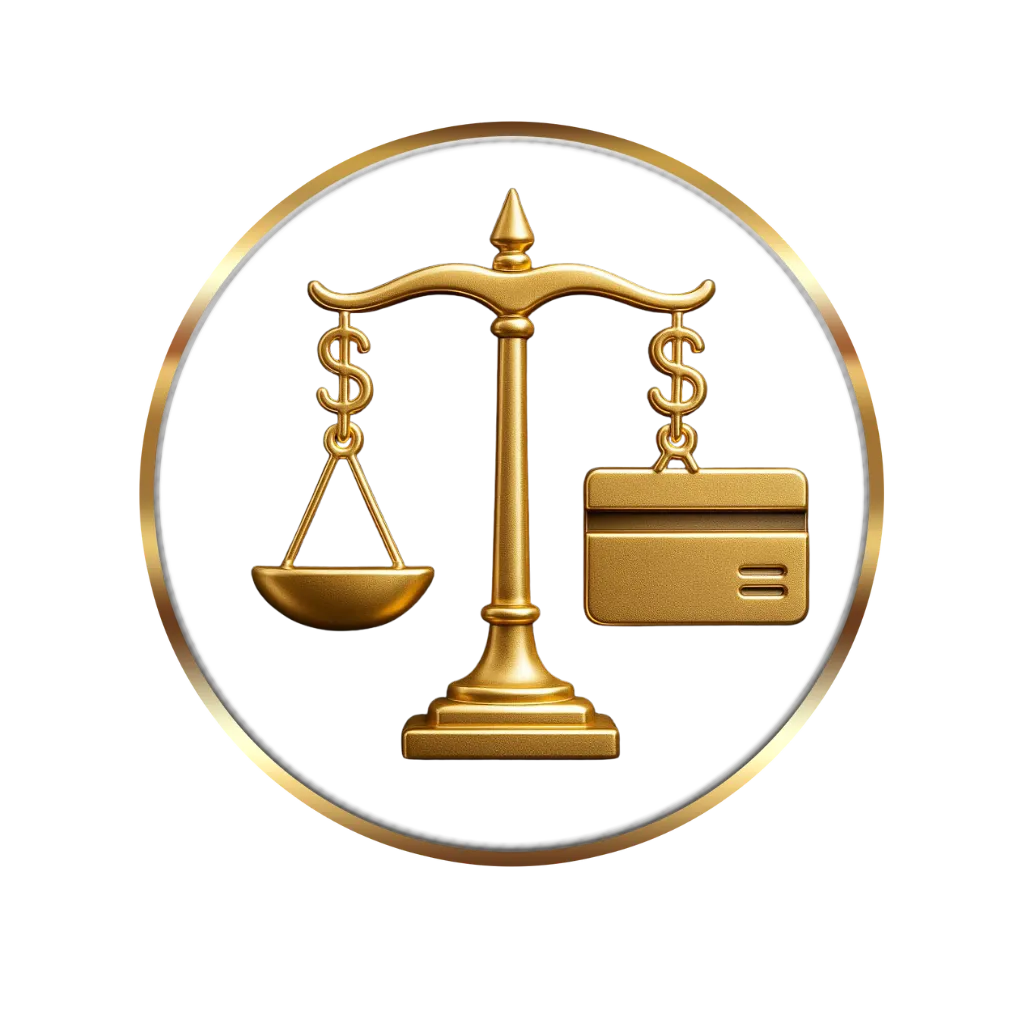Consumer Law Resources
Empower yourself with knowledge. Explore these valuable resources and browse our frequently asked questions.
The Credit Dispute Process
A step-by-step guide to navigating a credit inaccuracy case. While these steps can be taken on your own, the process can be complex.
Step 1: Debt Validation
If a debt collector contacts you about a debt, your first step is to request validation. This forces them to prove the debt is yours and accurate. This is a critical first step under the FDCPA.
Helpful Links:
CFPB: Debt Validation Sample Letters
FTC: Debt Collection FAQs
Step 2: Preparing for a Dispute
Obtain your credit reports from all three major bureaus. Gather all documents related to the inaccurate item, such as statements or letters. Depending on your case (e.g., identity theft), you may need to file an official report, like a police report or an FTC Identity Theft Report, to include as evidence with your dispute.
Step 3: Filing a Dispute
Draft a formal dispute letter for each inaccuracy to each credit bureau reporting it. Be clear, concise, and provide copies of your evidence. It is highly recommended to send these letters via certified mail with a return receipt requested to have proof of delivery.
Step 4: Analyzing Responses
The credit bureaus generally have 30-45 days to investigate your dispute. They must send you the results in writing. If the information is corrected or deleted, you've won! If they claim the information is 'verified' but you know it's wrong, it's time to consider further action.
Step 5: Seeking Professional Help
If your dispute is ignored or unfairly rejected, and the negative information remains, it's time to consult with a consumer protection professional. Most, like us, offer free consultations to evaluate your case's strength under the FCRA or FDCPA.
Step 6: Engaging Legal Counsel
If your case has strong legal merit, your case manager may escalate it to a qualified professional. They will handle all communication and file a lawsuit if necessary. Many consumer law professionals work on a contingency fee basis.
Step 7: Future Steps & Prevention
Once your issue is resolved, continue to monitor your credit reports regularly. You are entitled to a free report from each bureau every year. Be cautious with your personal information to prevent future identity theft and keep good records of your financial activities.
Feeling Overwhelmed?
The legal system is complicated. If your situation is complex or you're not getting results, our team can provide the customized assistance you need.
Consumer Law Links
A curated list of external resources to help you with your case.
Government & Regulatory Bodies
Official sources for consumer protection laws and filing complaints.
Non-Profit Organizations
Advocacy groups and organizations offering consumer help.
Legal Information & Self-Help
Databases and guides to understand your rights.
Frequently Asked Questions
Find answers to common questions about credit law and your rights.
What is the Fair Credit Reporting Act (FCRA)?
The FCRA is a federal law that promotes the accuracy, fairness, and privacy of information in the files of consumer reporting agencies. It grants you rights, including the right to dispute inaccurate information on your credit reports.
How long do negative items stay on my credit report?
Most negative information, such as late payments or collections, remains on your credit report for seven years. A Chapter 7 bankruptcy can stay on your report for up to ten years.
Can I sue a credit bureau for errors?
Yes. If you dispute an error with a credit reporting agency and they fail to conduct a reasonable investigation or correct the inaccuracy, you may have grounds to sue them under the FCRA. This often requires professional help.
What is a debt validation letter?
A debt validation letter is a formal request you send to a debt collector asking them to prove that you owe the debt they are trying to collect. You have the right to request this validation under the FDCPA.
Subscribe to Our Newsletter
Connect with us
© Copyright 2025. Credit Report Lawyers. All rights reserved.
Privacy Policy
Terms and Conditions


